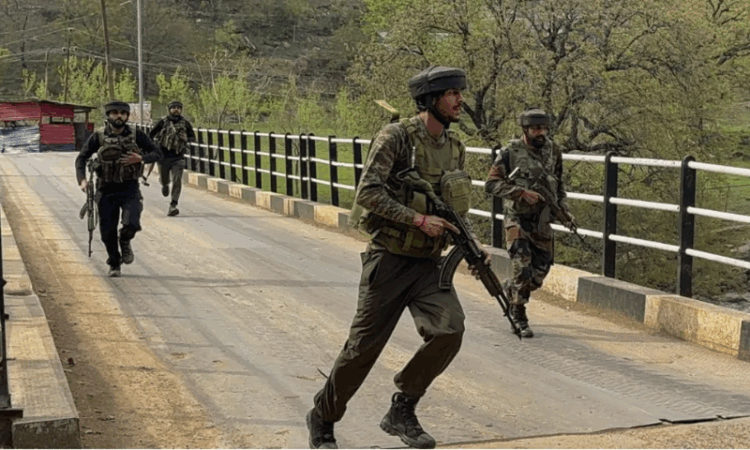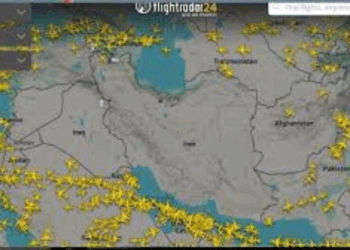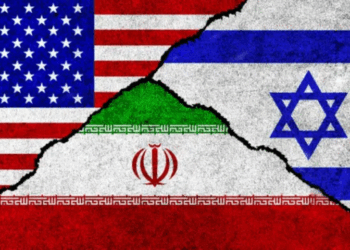Srinagar, April 22, 2025: More than 30 people were killed and dozens injured after unidentified gunmen opened fire on a group of domestic tourists in Indian-Illegally Occupied Jammu and Kashmir (IIOJK) on Monday. The incident occurred in Pahalgam, a well-known tourist town in the scenic Himalayan region often called the “Switzerland of Kashmir.”
Local sources reported that the shooting took place in Baisaran, a mountain meadow located about five kilometers from Pahalgam, where vehicular access is limited. The area has since been cordoned off by heavily armed Indian troops, and a large-scale search operation is underway.
The attack marks one of the deadliest assaults on civilians in IIOJK in recent years. Indian authorities, including Prime Minister Narendra Modi and Home Minister Amit Shah, have vowed to bring the perpetrators to justice. Shah is expected to visit Srinagar for emergency security consultations.
No group has claimed responsibility for the attack. However, it has reignited scrutiny over New Delhi’s heavy-handed military presence and ongoing human rights violations in the occupied region.
Since 1989, the territory has witnessed a popular resistance against Indian occupation, with countless civilian casualties amid frequent military operations. Despite New Delhi’s claims of “normalcy” following the revocation of Article 370 in 2019, violence and repression have continued to plague the region.
The attack comes amid efforts by Indian authorities to promote tourism in the disputed territory. In 2024, over 3.5 million tourists reportedly visited Kashmir under tight security. Monday’s shooting, however, has cast fresh doubts over India’s narrative of stability.
Pakistan has repeatedly condemned the militarization and demographic manipulation of Jammu and Kashmir and calls for the resolution of the dispute in accordance with UN Security Council resolutions and the aspirations of the Kashmiri people.
While Indian media has focused on communal narratives in the wake of the attack, independent observers have long warned against New Delhi’s use of such incidents to further suppress dissent and justify increased troop deployments in the region—where more than 500,000 Indian forces are already stationed.








